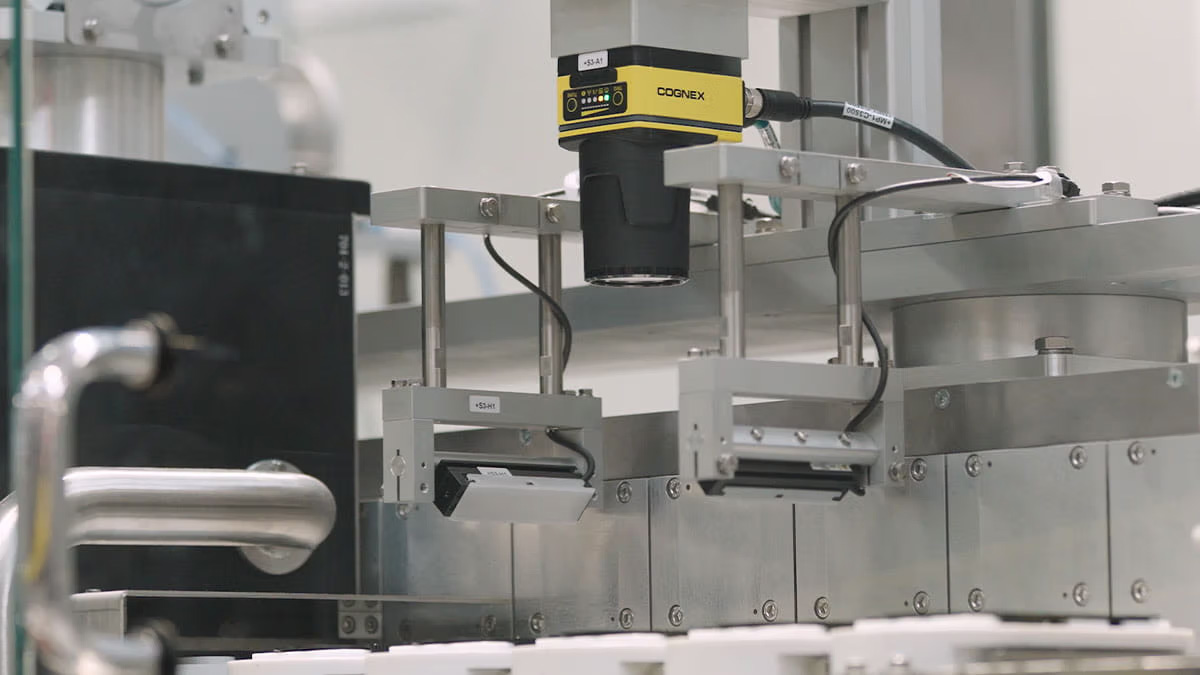Upgrading Legacy Machines for Industry 4.0: Retrofit Strategies That Work

In the fast-evolving world of industrial automation, not every factory can afford to replace its machines overnight. Many manufacturers rely on well-built, reliable equipment that still works but lacks connectivity, sensors, or smart features.
That’s where retrofitting comes in. By upgrading existing machines with modern automation tools, manufacturers can bring their operations into the Industry 4.0 era without the heavy cost of total replacement.
What Is Retrofitting?
Retrofitting means adding modern sensors, controllers, or software to older machines so they can collect, analyse, and communicate data. It bridges the gap between traditional mechanical systems and today’s digital, connected factories.
Examples include:
- Adding pneumatic sensors or actuators for smarter motion control
- Installing machine vision systems for automated inspection
- Integrating IoT connectivity for data tracking and remote monitoring
- Using flow and pressure sensors to monitor performance in real time
Why Retrofitting Makes Sense
- Cost-Effective Modernisation
Buying new machinery is expensive. Retrofitting extends the life of existing assets at a fraction of the cost while adding new functionality.
- Minimal Downtime
Retrofitting can often be done without major production halts, keeping your operations running smoothly.
- Immediate Data Visibility
Once upgraded, older machines can start sending valuable performance data – helping you spot inefficiencies, predict failures, and make informed decisions.
- Improved Safety & Compliance
Smart sensors and monitoring tools can enhance safety, ensure process consistency, and help meet quality standards.
How to Start the Retrofit Journey
- Identify Key Machines
Focus on the equipment that runs continuously or affects your production bottlenecks.
- Assess What’s Missing
Determine which systems need data capture or automation support – whether it’s temperature, pressure, vibration, or flow control.
- Integrate the Right Technology
Start small – perhaps with pneumatics, instrumentation, or machine vision – then expand as your systems become connected.
- Work with Experienced Partners
Retrofitting requires the right expertise in automation and integration. Partnering with specialists ensures compatibility, safety, and scalability.
The Future of Smart Manufacturing
Retrofitting is the smart path forward for manufacturers who want to stay competitive without heavy capital investment. It makes factories more intelligent, connected, and efficient – step by step.
At PPTechnologies, we specialise in pneumatic automation, instrumentation, machine vision, and fluid flow engineering – helping manufacturers modernise their operations seamlessly and affordably.
Contact our Product Specialists today at sales@processpneumatics.com to explore retrofit solutions that bring your legacy systems into the Industry 4.0 future.



